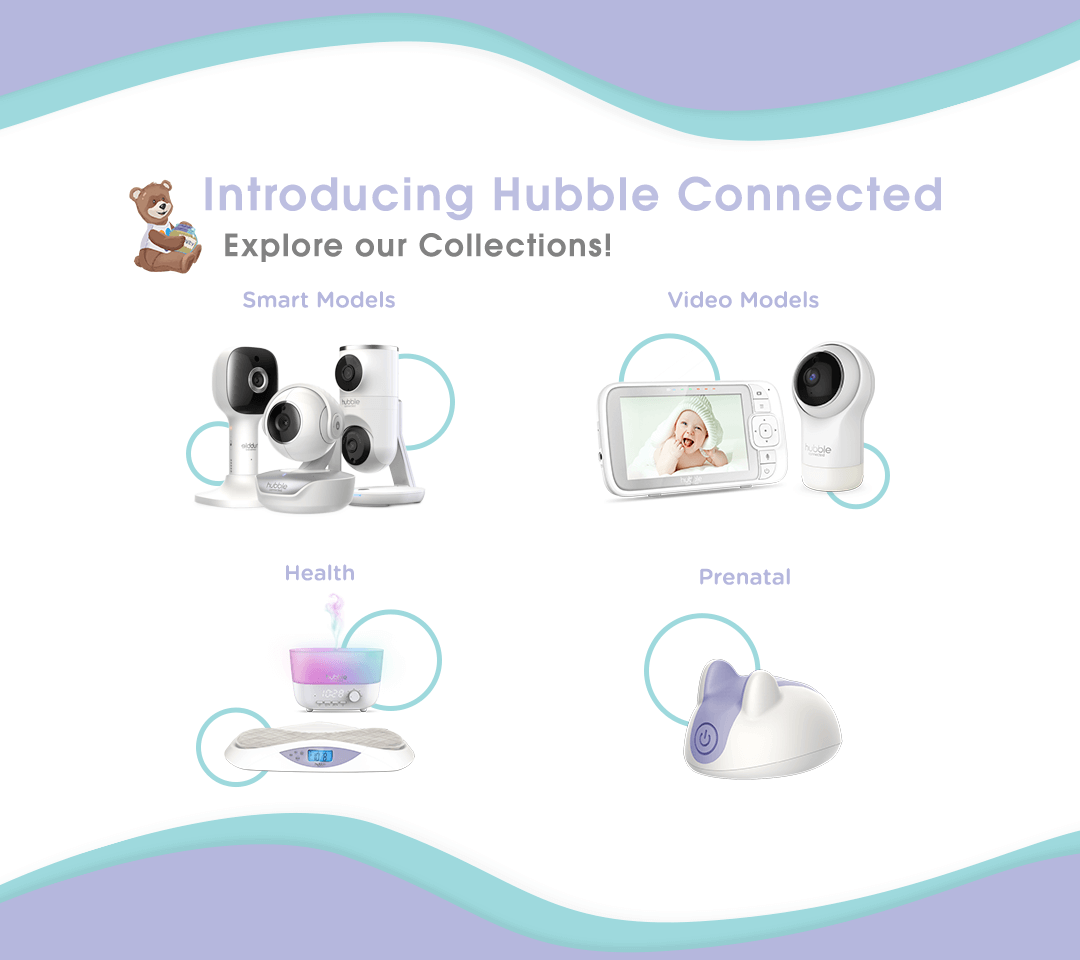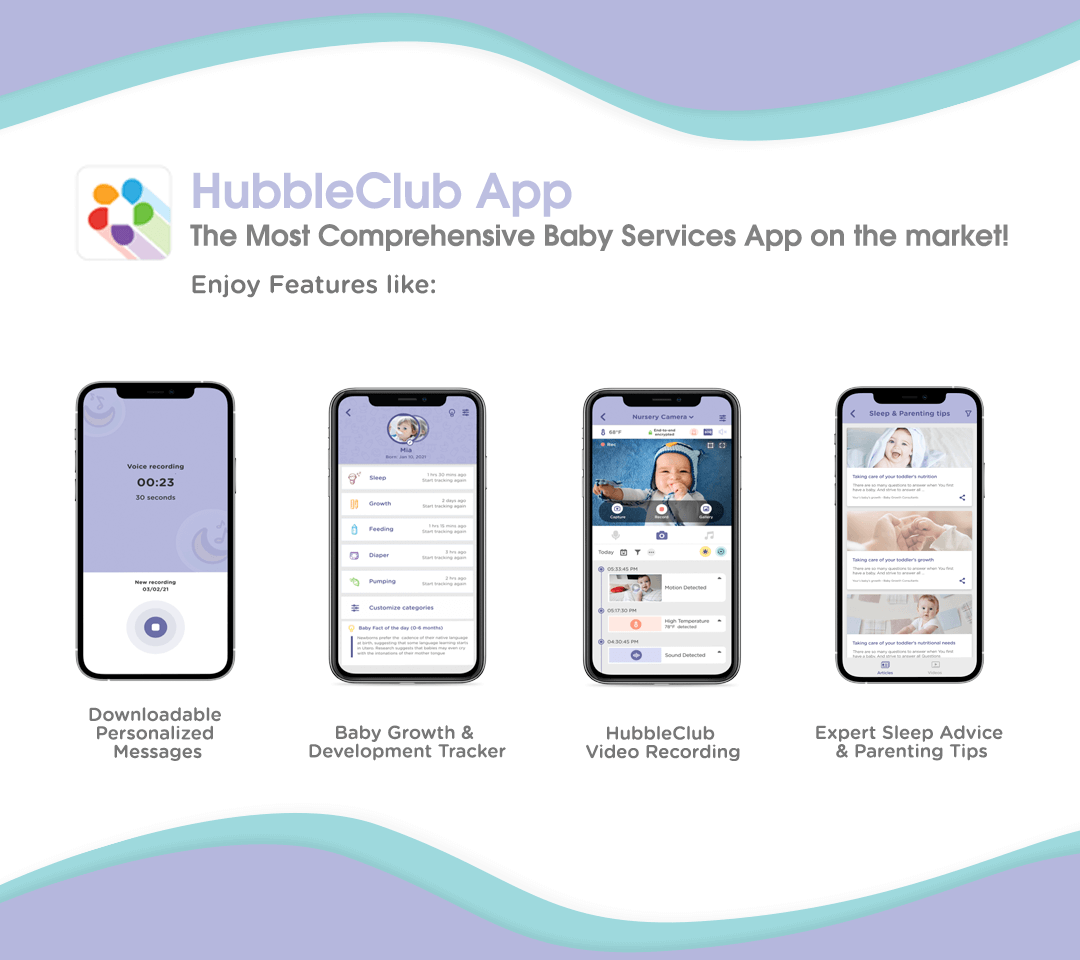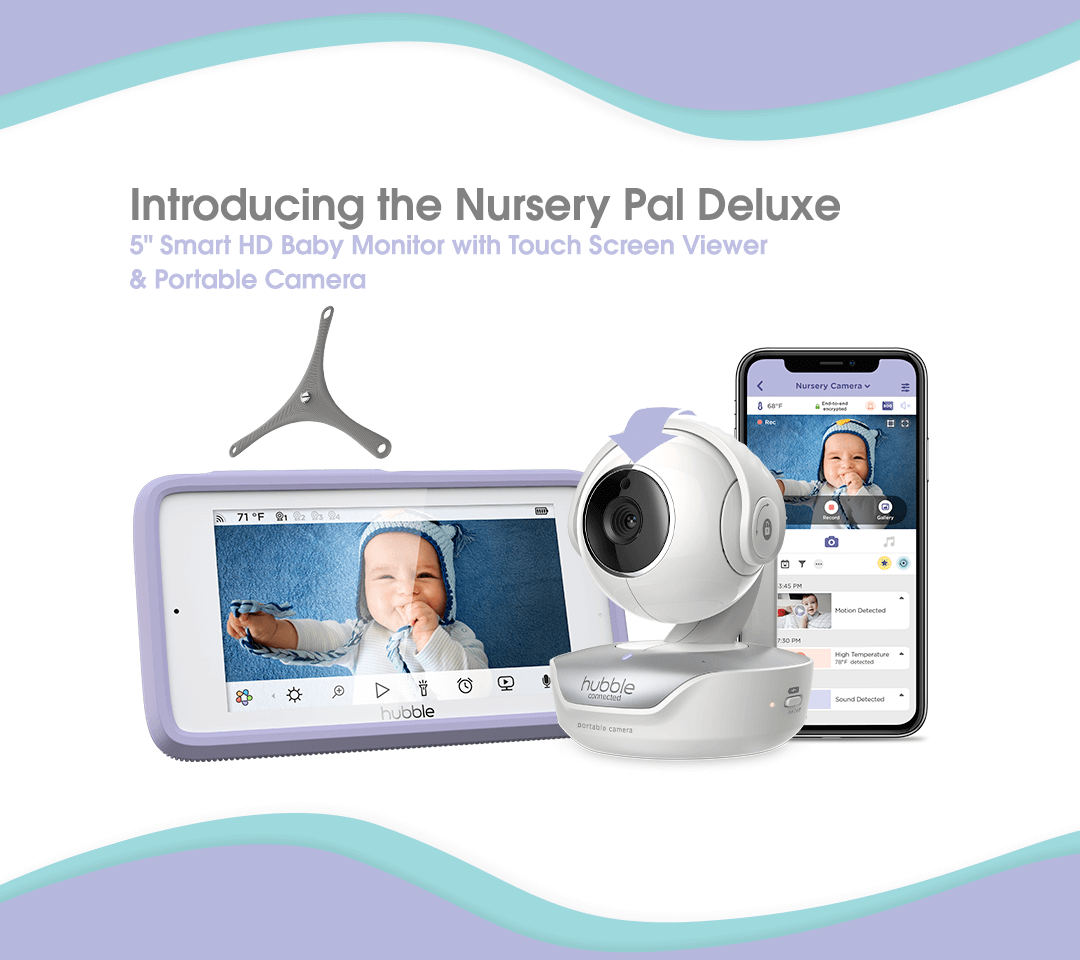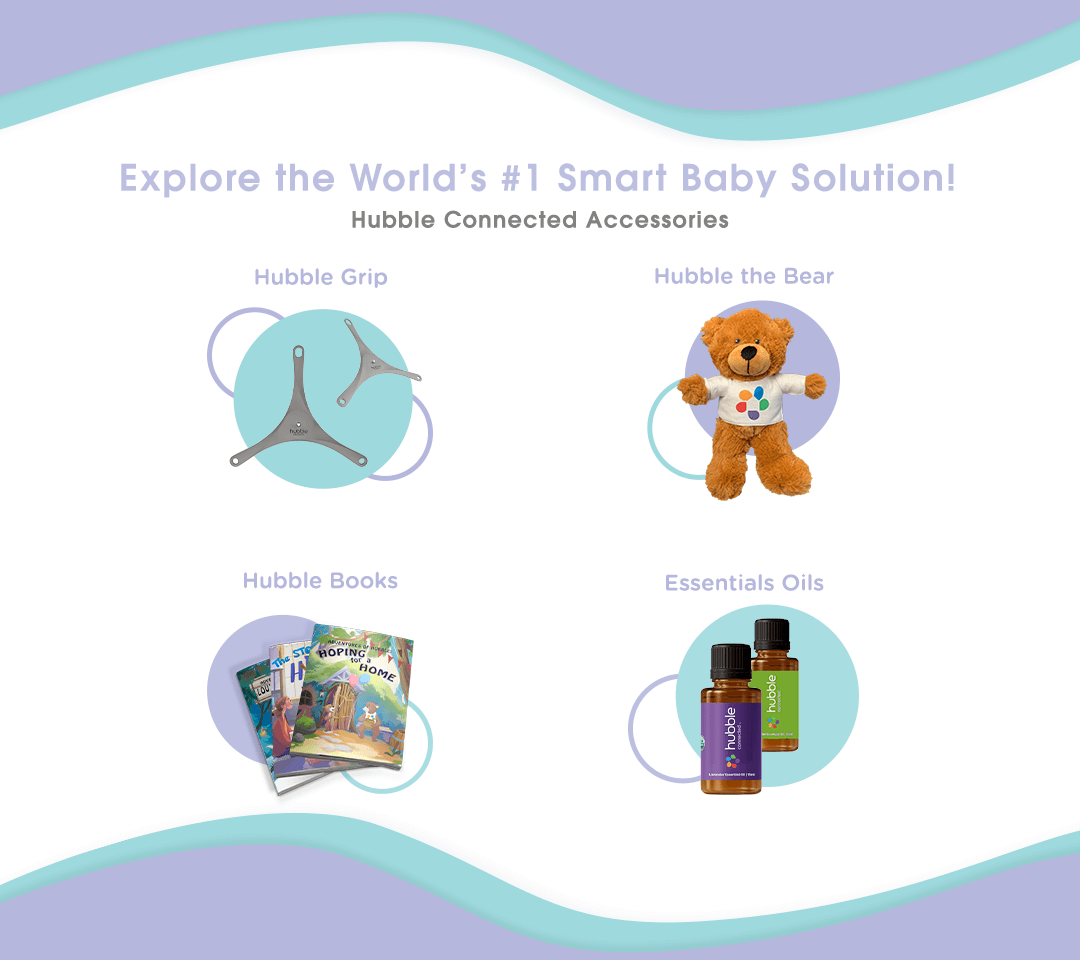Your Cart is Empty
March 29, 2021 4 min read

Is your little bundle of joy a bit less of a joy lately?
If only your little one could tell you what’s wrong. Until they can speak up for themselves, we, as parents, need to do a little guesswork.
If you think you might have a teething baby, your instincts are probably right. After all, a mother’s or father’s intuition should not go ignored. But apart from a ‘feeling’ that something is wrong, how else can you tell that your infant is teething?
Well, we have some tips for you. In this guide, we’ll provide you with some clear indications and signs of teething to go along with that gut feeling you have.
One thing every parent needs to know, especially when they’re searching on the internet for something like “Signs my baby is teething,” is this:
You’re doing a great job. You are amazing, and your kid will one day stop teething. Promise. Parent’s Honor.
Like most things in life: there’s no such thing as normal. Every person, and child, is different. And that’s ok. It’s also OK if your baby doesn’t show you all these signs or in perfect order.
(Wouldn’t that be nice?!)
Knowledge Check: Is my Newborn Sleeping Too Much?
So, how *do* you know when your baby is teething?
There’s no time like the present, or, if you’re a baby, 6 months old is a real beast. All sorts of developmental milestones happen at this age, and milestones mean disruptions. A big one is teething. This isn’t a hard-fast rule, but if your baby is close to 6 months and you haven’t seen any teeth pop up yet, it’s definitely a possibility.
Everyone, including your neighbor’s grandma, will see a drooling baby and say ”they’re teething!” There’s a reason why they all say it: it’s actually true.
(I know, it’s a little annoying when strangers are right.)
Babies drool for all sorts of reasons, but a common one is teething. The drool is a natural way for the body to help soothe and lubricate their sensitive gums, so it’s not a bad thing, it’s just messy.
A drooling baby might take weeks to produce a tooth, so even though it *is* a sign of teething, these things take time, and potentially a lot of drool. So grab all those bibs and burp cloths!
Ouch. If you are nursing, sometimes the not-so-subtle sign your child is teething comes in the form of a particularly sharp chomp.
But you don’t have to get bitten to get this sign. Babies who are teething will chew on all the things: themselves, a blanket, toys, the dog, the cat, a sibling. You get the point. It’s another of nature’s remedies, applying pressure to the gums for relief.
It’s a good idea to give your child something soothing and non-living to bite on while they work things out!
You know your baby the best. Every child cries and whines as a way to communicate their needs to us. It’s expected. But if you notice your child is a little extra fussy lately, it might be because they are teething.
I mean, you’d be grumpy too if your gums were sore and your teeth were trying to punch their way out.
See More: How to Ease Your Child's Separation Anxiety
It’s hard on a parent to have an extra fussy baby, but try to keep in mind that they are communicating with you the only way they know how, and that this too, will pass.
a) Sleep Disruption
Hate to add this, but as a sub-category, the fussy baby wakes up.
Just like you might wake up with a headache or sore muscle, the discomfort may wake your teething tot. They are still learning how to sleep and go back to sleep, so you might have to step in and provide a little extra comfort.
For many parents, this feels like a major blow to any progress they’ve made in getting a more consistent sleeping schedule. It can be frustrating, but it’s just another sign of the amazing progress and growth your child is making!
(Repeat that to yourself like a mantra and you might believe it at 3am when you can’t possibly imagine why your little bub is up *again*.)
If this is one of your baby’s symptoms of teething, hang in there! Your baby will sleep again, and so will you.
Babies don’t just communicate with their voice. Sometimes a baby might become a little fixated on tugging their ears or rubbing their cheeks. In a way, this may be them saying: “this is where it hurts!” The nerves in their gums are linked to their cheeks, ears, and chin, so these little gestures may be indicators of teething.
Learn More: Developmental Milestones In Your Baby's First Year
It is important to keep in mind that if a child is tugging on an ear, it could also be a sign of an ear infection, so if you are in doubt, it doesn’t hurt to get that checked out by a pediatrician.
This one sounds scary, but it’s actually very normal and easy to treat. “Hematoma” is just a fancy way of talking about blood pooling in an area. If you see a blue bump on your child’s gums, it may just be a little blood caught under the skin from a tooth erupting.
You can hasten the healing with a cold compress or a washcloth on the gums. It should go away on its own, but if it grows or you don’t feel like it’s healing quickly enough, go ahead and ask your pediatrician for advice.
Now that you know the common signs and symptoms of teething, what do you do next?
Take a deep breath, remind yourself that you are doing the best you can. Get those burp cloths and teething rings ready, and join a long line of parents who have been where you are and made it through. If you are still pregnant, read up on How Early is it Safe to Give Birth. Then check out our Smart Baby Monitors and prepare for the big day.
We are cheering you on! You got this!

June 21, 2021 3 min read

June 21, 2021 3 min read
and get £10 OFF your next Hubble Connected purchase.
.png?v=1627679689)

.png?v=1627679796)
.png?v=1627679828)



